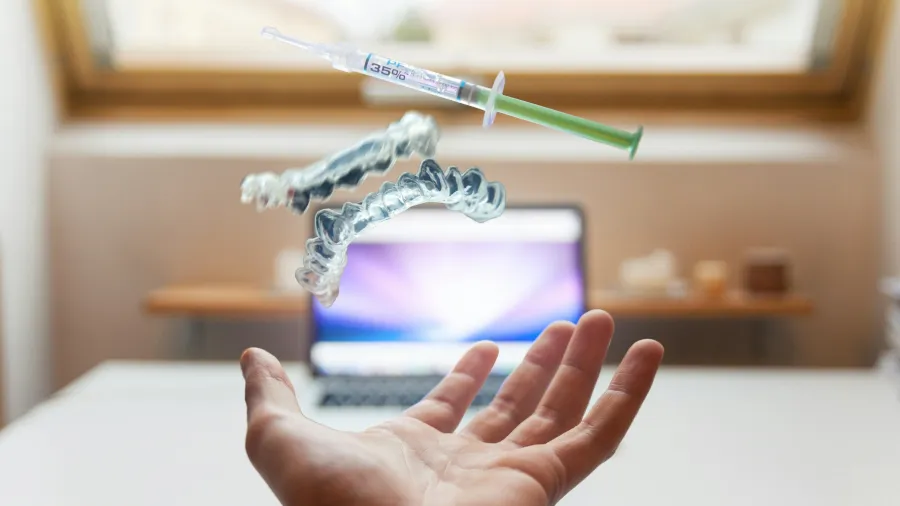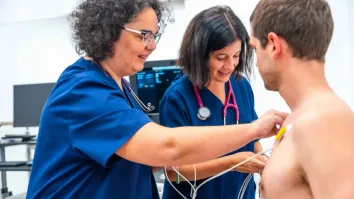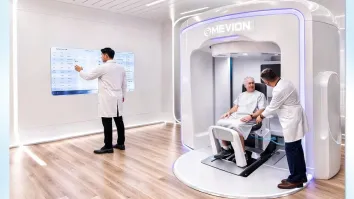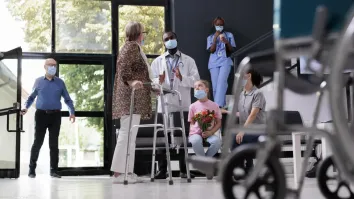
The Medical City paves the way for AI-integrated local healthcare and research with Lunit
AI has been incorporated into the hospital chain’s mammography and chest X-ray services.
With AI advancements integrating into healthcare, The Medical City (TMC) has paved the way for its adoption in the Philippines in collaboration with AI-specialty company, Lunit.
Starting this year, the Philippine hospital chain has integrated AI solutions into its mammography and chest X-ray services, with the interpretation of 2D echocardiography and laboratory results for predictive medicine under development.
Dr. Ruben G. Kasala, the Executive Vice President and CEO of TMC Ortigas, helped spearhead the initial incorporation of Lunit Insight CXR for TMC’s laboratory findings, diagnostic tests and patient results. In broad strokes, this allows the integration of AI in TMC’s overall operations.
Innovation with Lunit
Lunit Insight CXR is an AI solution designated for chest X-rays. The system can detect 10 abnormal radiologic findings with 97%--99% accuracy.
For its initial phase, Insight CXR has been used for the early recognition of diseases in diagnostic tests, particularly for mammography and chest X-ray specialties.
Both TMC units were able to streamline their in-house processes, automate them into the system and verify their findings with quick precision, with results regularly being checked by radiologists.
With the AI system designed as a “still learning machine,” specialists from TMC go back and forth with contributing and corroborating data to ensure more accurate results.
Simultaneously, TMC and Lunit have spurred continuous exchanges to update and verify the AI system before its final adoption.
“AI algorithm can streamline and automate processes that can actually lead to efficiency in the medical field; and that will provide tremendous help in better health care, clinical and administrative processes,” Kasala said.
Currently, TMC has achieved astounding results with its use of AI, with a finalisation rate improving from 98% to 99.8%, supported by the 40% increase in sensors for imaging services, and a turnaround time from 98% to 99.3%.
With successful early results of AI, The Medical City will expand the use of Lunit Insight CXR on digital twins — digital representations of a physical object or process, translated into a virtual version of its environment. The organisation aims to incorporate digital twins as part of its disease research, improving patient outcomes with precision.
Data as a lifeline
With artificial intelligence dependent and defined by data, one of the challenges for The Medical City is the availability of data and outcomes specific to the Philippines.
The current AI database and algorithm are based on input from global companies and healthcare partners. Voluminous data will mostly comprise input from outcomes internationally. Thus, any accurate input will have to consider region specifications, such as race, ethnicity, religion and geographical conditions.
As AI has become more sophisticated in accurately interpreting data in real-time, protocols will have to be established to ensure the authenticity of the processes and the resulting treatments and outcomes. In that way, the incorporation of AI can serve as a precedent for more bespoke treatments and more accurate diagnoses for patients.
“Instead of doctors looking at what we call data on different studies on randomised controlled trial with AI, and incorporated outcomes of treatment, AI can generate eventually what is the best-suited treatment for a specific patient based on the data,” Kasala said.
As with the case in the Philippines, data collection will be crucial to ensure the same international standards are applied to the country’s healthcare system. The more specific the findings, the more accurate the diagnoses — and the wider the detection and treatment of region-specific ailments.
Currently, the Philippines is in the first stage of implementing AI. Whilst the current data collection and processes have yet to be enhanced to better adapt to the novel AI system, the flexibility of Philippine-based industries and a technology-wise society ensure the gradual incorporation of artificial intelligence to Philippine healthcare. And with TMC’s early successes with Lunit, AI is ready to reshape and elevate the healthcare sector



















 Advertise
Advertise






